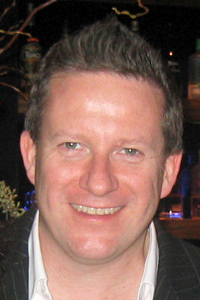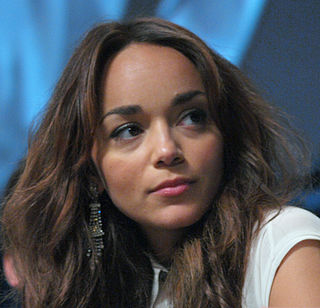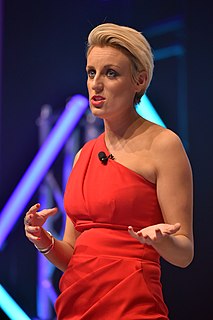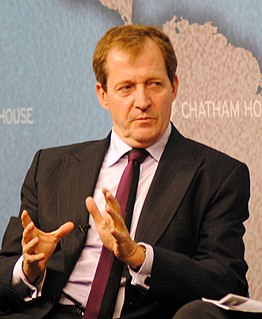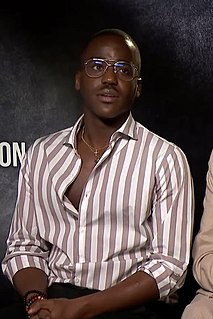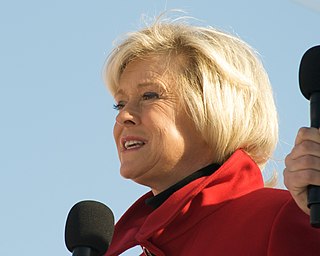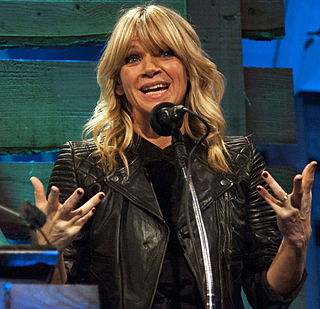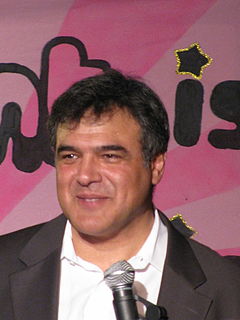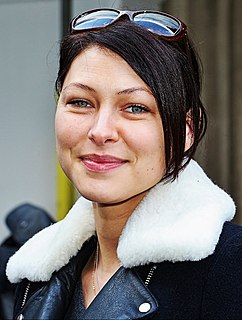A Quote by Matthew Bourne
My first job was at the BBC but was really dull. I was working in the BBC's reference department, where I did a lot of filing. I had always been interested in films and theatre, so I thought that getting a job at the BBC would be a good idea, but the job was really mundane.
Related Quotes
Professionally, I was at Bristol Old Vic Theatre School and did lots of things there, and then I won the BBC Carlton Hobbs Award, so I did some BBC Radio drama work, which is a lovely way to start out because you work with lots of great people, and you're working all the time, so you're learning rather than sitting around and waitressing.
It has been an honour to present BBC 'Sports Personality Of The Year' for the last 19 years and I have loved every minute of it. The BBC have asked me to stay but I had made the decision to downsize my commitments a while ago, and I knew that the time would be right after what was always set to be a magical 2012.
Once, BBC television had echoed BBC radio in being a haven for standard English pronunciation. Then regional accents came in: a democratic plus. Then slipshod usage came in: an egalitarian minus. By now slovenly grammar is even more rife on the BBC channels than on ITV. In this regard a decline can be clearly charted... If the BBC, once the guardian of the English language, has now become its most implacable enemy, let us at least be grateful when the massacre is carried out with style.
